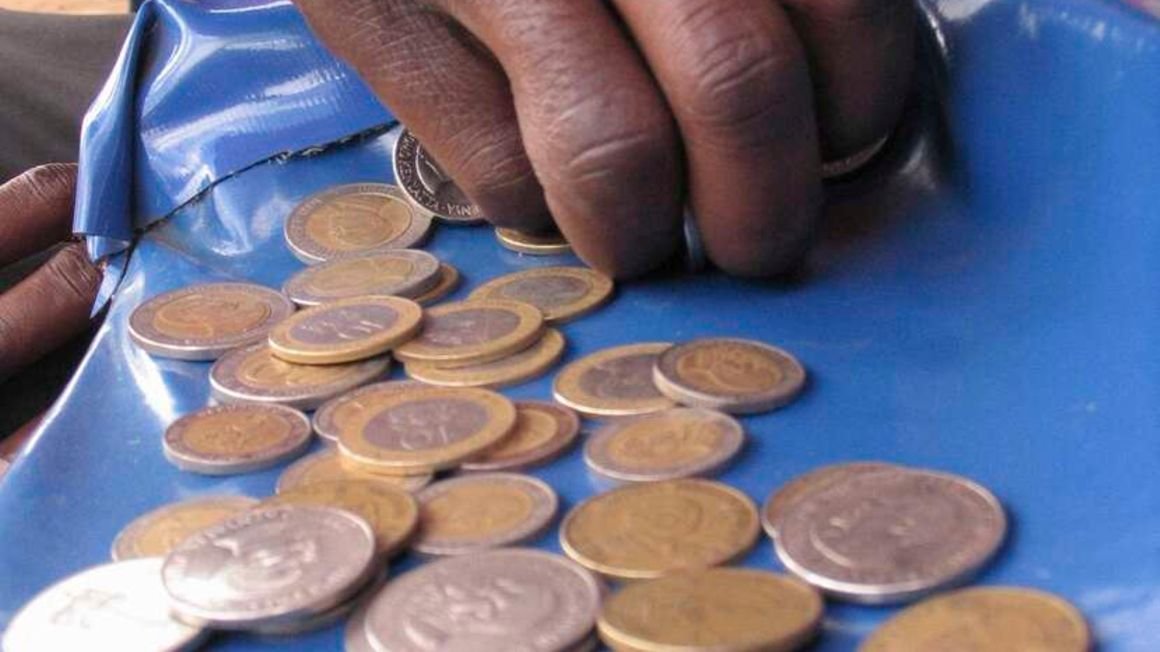The cost of imported goods like cars, electronics and second-hand clothes as well as that of electricity will increase further ahead of the festive season after the shilling fell to a new all-time low of 112.07 units against the dollar.
The weakening of the shilling has triggered fears of a fresh round of inflationary pressure, which has become a political headache for the government that has recently been forced to offer fuel subsidies to defuse social tension.
The shilling has been on the backfoot since mid-May when it stood at Sh106.40 on the combination of weak inflows and strong dollar demand across sectors, traders said.
Kenya imports a wide variety of goods, including petroleum products, wheat, second-hand clothes, motor vehicles, vegetable oils and industrial machinery, whose costs are rising as the shilling weakens against the dollar.
Exporters such as tea and coffee producers are the winners in the shilling’s depreciation, which has the effect of making their products more competitive in the international markets besides boosting their revenue in local currency terms.
The Treasury will also feel the heat of the weakening shilling as Kenya’s debt costs are also rising, a burden to taxpayers who are reeling from the mounting debts.
“The dollar was around 106 in April and we are currently buying it between 112 and 114 depending on the bank. So, if you are buying a car worth $10,000 that is Sh80, 000 more,” said Charles Munyori, the secretary-general of Kenya Auto Bazaar Association, which represents used car dealers.
Used car prices in Kenya have risen by up to 33 percent over the past six months on costly imports and a weak shilling.
The volatile shilling looks set to increase electricity prices through higher forex levy in power bills, reflecting the impact of the strengthening dollar on household budgets.
The forex levy comprises expenses incurred in foreign currency by power generators such as KenGen, the independent power producers as well as Kenya Power.
The wobbly shilling is likely to reverse the decline in the forex levy, which dropped to Sh0.76 per unit in November bills from Sh1.04 in October.The shilling came under pressure this week as the supply of dollars in the market dried up, with traders citing a reluctance among banks to sell to each other, and customers holding onto their holdings in fear of further depreciation.It opened the week trading at 111.80 units to the greenback, before touching the 112 level for the first time […]
